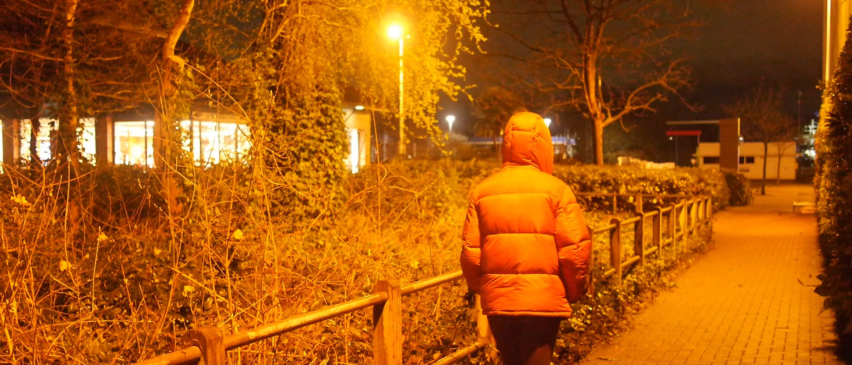

Recently, Scotland has been exploring changes to its sex work laws, specifically considering the criminalisation of those who buy sex, not those who sell it. This approach is known as the Nordic Model, already in place in countries like Sweden and Norway. It’s sparked important conversations about how different legal frameworks impact the lives, safety, and dignity of people who sell sex.
Currently in England, the law doesn’t make it illegal to buy or sell sex outright, but street-based sex work is criminalised through offences like loitering or soliciting in public. This means that people, mostly women, who work on the streets risk being prosecuted. These outdated laws disproportionately affect some of the most marginalised in society and push them further into danger and invisibility.
So what are the legal options and what do they mean in for people who sell sex?

In this model, sex work is made legal and regulated. Workers must register, obtain a permit, and pay taxes, similarly to other professions. It aims to reduce exploitation, improve working conditions, and weaken organised crime.
Examples: Germany, Austria, the Netherlands
Supporters say:
Critics say:

Under this approach, selling sex is legal, but buying it is a criminal offence. The goal is to reduce demand and eventually eliminate sex work.
Examples: Sweden, Norway, Iceland, France, Ireland, Northern Ireland
Supporters argue:
Critics argue:

This is the model supported by many sex worker-led organisations, as well as Amnesty International, the World Health Organisation, and the Royal College of Nursing.
Example: New Zealand (the only country with nationwide decriminalisation)
Supporters argue:
Critics argue:
Reported outcomes in New Zealand since adopting the decriminalisation model are:

At One25, we believe that any discussion about laws must begin and end with safety. In 2022, we consulted our staff, volunteers, and the women we work with to better understand what legal model would serve them best. The result was that decriminalisation would offer the greatest protection.
Criminalising sex workers, directly and indirectly, only deepens stigma and increases risk. Decriminalisation allows the police and services to focus on real harms: exploitation, violence, and trafficking. It gives women more power to make informed choices, seek support, and report abuse without fear of punishment.
Ultimately, the law should serve to protect, not punish.